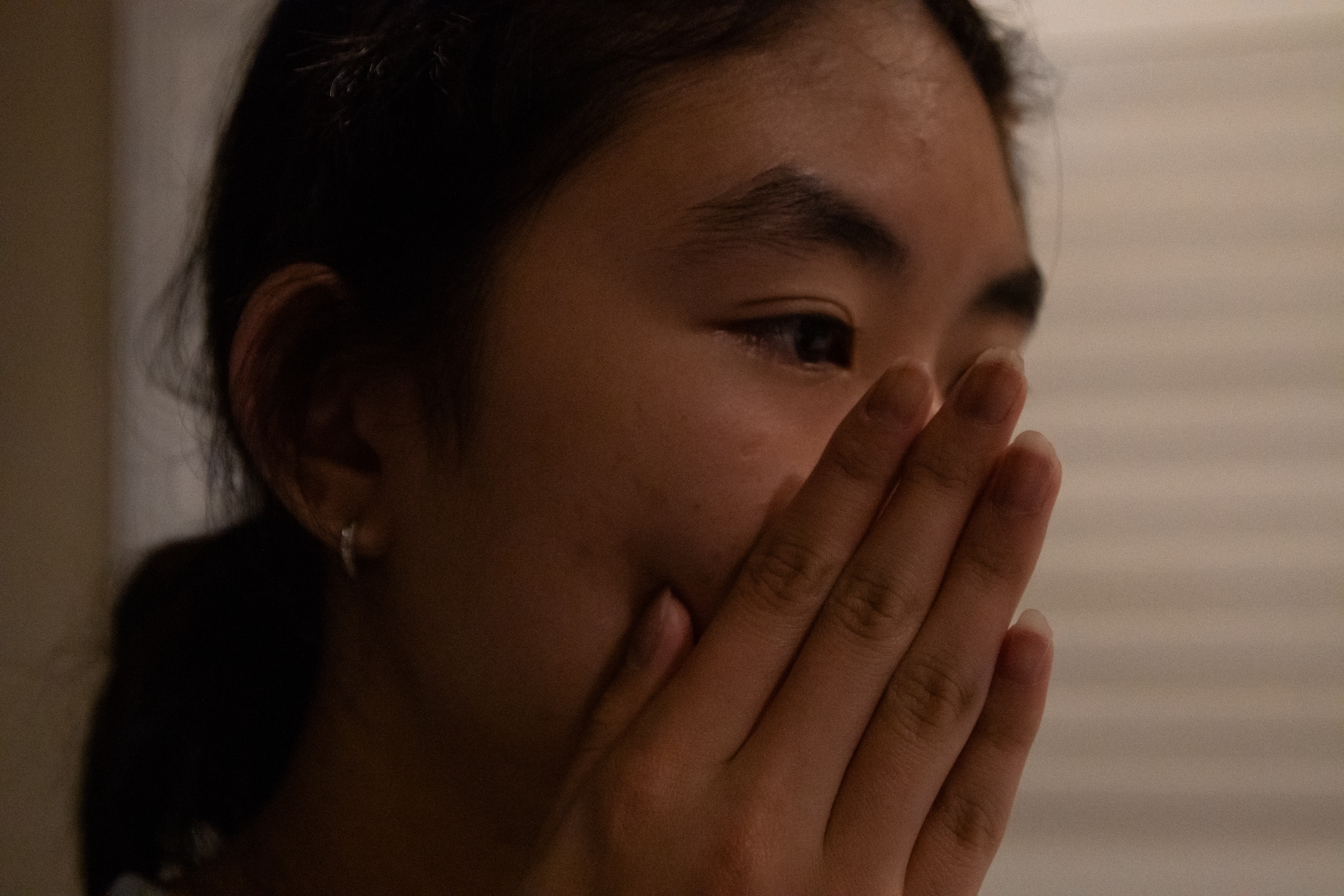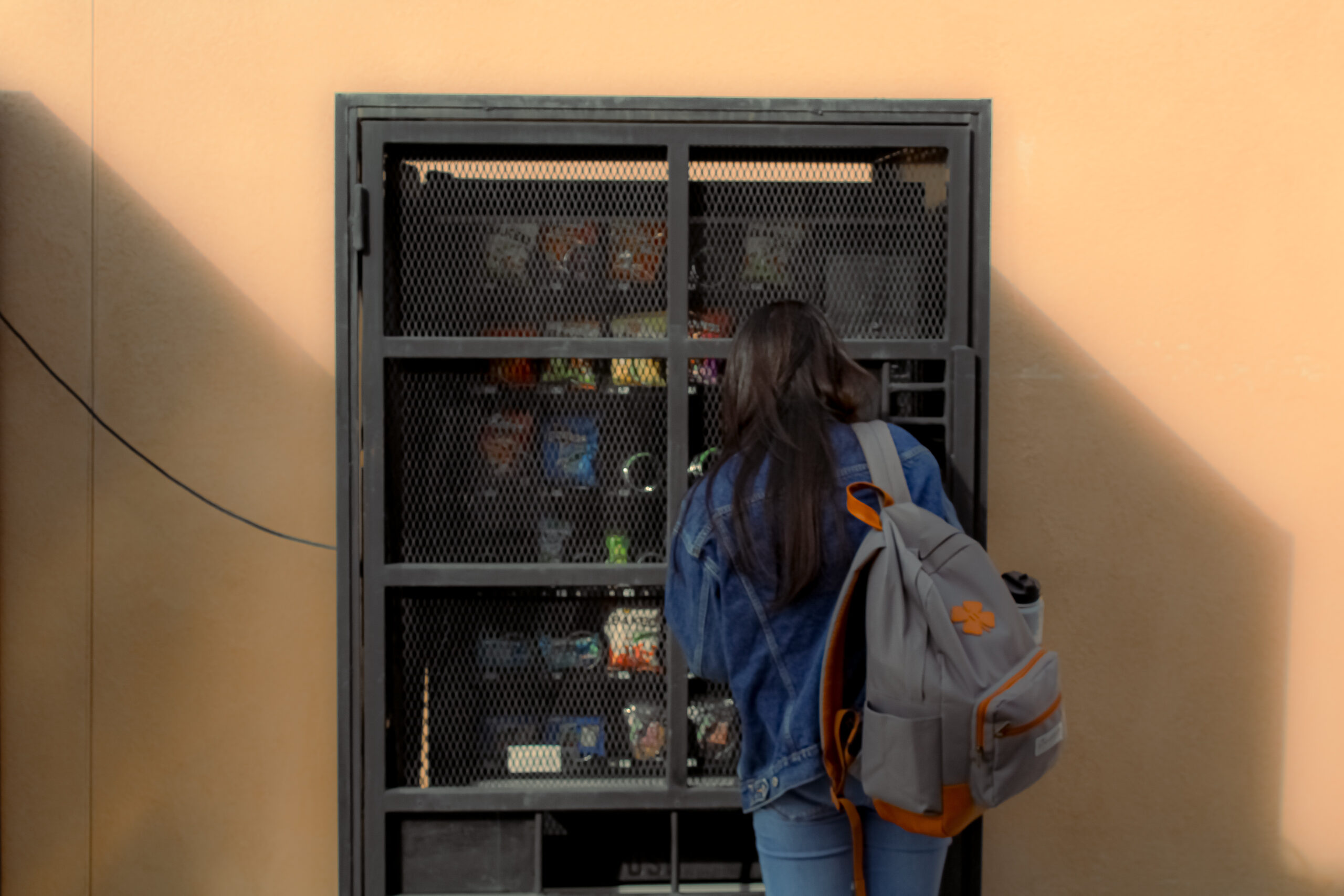
By Justin Hsieh, Staff Writer
The advent of the smartphone, the Internet, and media-sharing platforms have transformed the way we take and share photos. But while these technologies have certainly improved our lives in many ways, they have also brought with them a new and destructive cultural phenomenon: a photo addiction epidemic.
To understand this issue, let’s first backtrack a little and gain some context. Historically, photography was a means of capturing important moments or events and preserving them for posterity. The cost and difficulty of producing photographs imposed a natural limit on the volume and frequency of photography, and, thus, it was practiced mostly by professionals who chose their moments carefully. Since these early days, however, camera and photo technology have made huge strides of improvement, arriving at their apotheosis in the free, instant, and convenient form of the modern smartphone. Mobile technology has made photography accessible to virtually anyone and everyone in the developed world; it has allowed moments that might otherwise be lost to be captured quickly and easily for personal or historical recollection. Wedding photographers and club historians are no longer a luxury limited to the rich but are available for all. This is the bright side of our picture revolution. Most reasonable people wouldn’t fault anyone for wanting to take pictures to remember or record an event. The trouble comes when we get to sharing those pictures. The extreme efficiency and ease of modern photo-taking, coupled with the rise of online social media platforms, has introduced some dramatic changes to our everyday cultural mindsets, and this is where the epidemic comes in.
If you go to any event, gathering, or social occasion with young people, there will always be at least a few who are constantly waiting for (and only really happy during) the opportunity to take lots of cute photos with their friends to post on Instagram. They may or may not enjoy or even remember what actually happens for most of the event, but their faces light up in beaming, photogenic smiles the moment the cameras come out. How happily they think about that experience will be a product of how good the photos are, and how much fun people are able to see broadcasted on their Instagram and Snapchat stories. Now, this description is not intended to single out or disparage any specific people. To some extent, all of us are like this (as is evidenced by the large numbers of people that will inevitably join in on the photoshoots). The theoretical people described are simply the embodiment of an increasingly widespread and normalized mindset in our culture—one that values the documentation of an adventure more than the experience of it. THIS is the big issue. We are no longer simply capitalizing on photo technology to record important times in our lives. We are prioritizing the quality of those photos over the quality of our actual experiences. We seek validation and happiness in the way our photos are received on the social Internet, and so we compulsively collect, curate, collage, edit, filter, and share those photos to prove that we are fun and happy people. In doing so, we are creating a culture that conscripts our experiences into the service of our digital afterimage.
This obsession with how good our photos are contributes to the infamous disconnect between our generation and the present moment. If we are always worrying about how good we look doing something, or how aesthetically our experience is being represented, or how able we are to make a trendy post out of this, then we cannot fully be engaged in or enjoying that experience. The inordinate amount of time and energy that we invest into the capturing of our experiences on camera rather than in our memories binds us—our happiness, our self-esteem, and our personal feelings about an event—into a toxic reliance on the perfection of the photographs, and consequently create a need to take even more of them. This is the photo epidemic: an invasion of our time, our energy, and our minds by this perverse love of taking photos over being alive. And it’s not going away unless we do something about it.
So, what should we do? Well, freeing ourselves from this vicious cycle requires rethinking our habits and decisions in social environments because it is our choices, rather than anything inherent to photographs, that determines their value. One suggestion is essentially a cold turkey method. The next time you go out into the world to do something, leave the phone in your pocket. Know from the moment you begin that you will take zero photos, and that there will be no post about this. What follows is a sense of extreme liberation as you are able to fully invest yourself in the moment, without the endless fretting over when and how you’re going to get good pictures. It’ll be wonderful. But, if that method seems a little extreme, then there is a simple alternative. The next time you’re doing something and you want to take pictures, consider this: are you deciding that an experience has been special, and wanting to commemorate it? Or are you gearing your actions and your experience towards the photos, with the anticipation of an exciting portrayal of something that you get to post about and receive jealous comments on? When you are able to think long and carefully about these questions, then you will be on your way to becoming a happier, freer, more aware, and more engaged citizen of life. Best of luck.






With thanks! Valuable information!